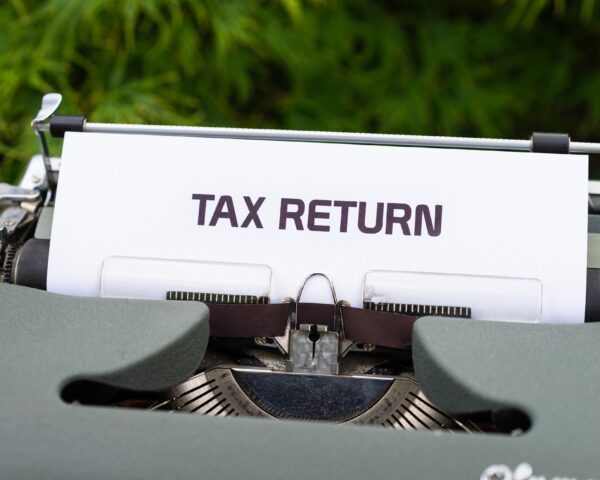So, you’ve got some spare cash lying around. The next Uber is bending your ear, and you’re poised to make the best financial decision of your life. Soon you’ll be able to hang up the boots and give up the day job.
Ok back to reality – but you are looking to make an investment and you can’t work out whether you should be making it personally, or via your Limited Company. This is a common question, and unfortunately there is no simple answer! There are a few things to consider, and we’ve tried to outline them below.
First, it’s important to remember that investments provide income from a) dividends, and b) an increase in capital value on the amount invested. These are both taxed in different ways for individuals and Companies.
Dividends – If you invest personally, any dividends you receive will be taxed at the usual dividend tax rates. For tax year 22/23 those depend which tax bracket the dividend income falls into: Basic rate – 8.75%, Higher rate – 33.75%, Additional rate – 39.35%.
If you invest via your Limited Company, dividends are generally exempt from Corporation tax so your Company will not pay tax on that dividend income. The downside is that you would need to declare a dividend to get that profit out of the Company, so you would pay tax on those dividends personally as per above.
But if you can afford to let the profit accumulate in the Company, then no tax would need to be paid. This could then be used to fund other Investments, or to fund other Company activities. You need to be careful on the balance of investing activity versus other business activity in the Company, as this may dictate whether the Company is actually classified as an investment company.
Capital investment growth – Individuals will pay capital gains tax (CGT) on any chargeable gains where an investment is sold or realised. The % of CGT you pay depends what sort of investment you are looking at, and which tax bracket you’re in.
Generally, everyone receives an annual tax-free allowance – currently £12,300 in tax year 22/23 – meaning that any gains up to this figure are tax free. For any gain above that £12,300, if you are a basic rate taxpayer, you’ll then pay 10% on non-property related investment gains. If you are a higher rate taxpayer, then you’ll pay 20% on the gain.
Companies pay Corporation tax on any investment gains once they are sold. Corporation tax is currently 19%, but it’s set to increase over the next few years. Note there is no annual tax-free allowance for companies, so you will pay the corporation tax rate for the full gain. If you can sensibly make use of the annual tax-free allowance for any expected gains, this may mean it’s more sensible to invest personally.
What else should I think about? Is the company you are investing in SEIS or EIS qualified? These are HMRC backed schemes designed to encourage investment into young start-up companies, by ‘de-risking’ the investment for the investor. SEIS and EIS investments allow the investor to claim various tax reliefs.
The key ones are a) up to 30% relief against their income tax, b) no capital gains tax is usually payable, c) loss relief if the value of investments decreases, and d) the ability to carry back to the prior year to help tax planning. There are other incentives as part of the package, however, it’s important to note the tax breaks are only available to individuals investing.
Clear as mud? Boiling it down, if your investment will receive income from dividends which you don’t need to use personally in the short term – the Company route is probably best. If the dividend income will be lower, but you expect more increase in the value of the investment, it may be better to invest personally to take advantage of the annual capital gains tax-free allowance. Availability of EIS or SEIS would also probably swing towards the personal route.
Good luck, watch out Warren Buffet!









